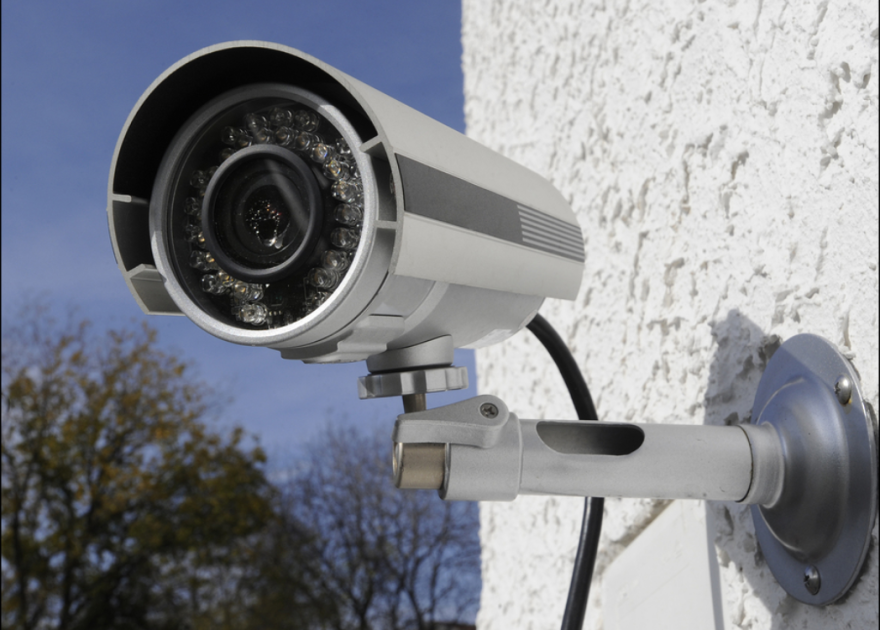One attorney said she’d never witnessed anything like it in her 26 years of practice.
Another said it was extraordinary – and painful – to watch.
Both were referring to a court hearing Wednesday in which a federal judge excoriated federal prosecutors for their handling of a drug smuggling case at the privately run Leavenworth Detention Center.
Disclosures that the pretrial detention facility taped phone calls and made video recordings of meetings between inmates and their lawyers have outraged criminal defense attorneys. And the disclosures have led to a series of extraordinary hearings about both the center’s conduct and that of federal prosecutors in the U.S. Attorney’s office in Kansas City, Kansas.
U.S. District Judge Julie Robinson, who is overseeing the case, said Wednesday she will appoint a special master – basically an independent third party – to investigate whether inmates’ Sixth Amendment right to counsel was violated. And she said she would make the U.S. Department of Justice pay the special master’s fees, which could amount to hundreds of thousands of dollars.
Robinson also said she would empower the special master to look into ethical violations and to propose remedies, up to and including the dismissal of the case.
In doing so, the judge rejected federal prosecutors’ recommendation that the scope of the investigation be limited to determining what recordings were privileged and excluding them as evidence in the case.
Many of the recordings were turned over to prosecutors after they subpoenaed video and audio recordings made at the detention facility, which is run by Corrections Corporation of America.
Prosecutors say they obtained the privileged attorney-client recordings inadvertently. But testimony at the hearing indicated that the phone calls of at least one attorney who requested that his calls to clients not be monitored or recorded were, in fact, recorded.
Prosecutors said they were unwilling to consent to the broad scope of Robinson’s order. The Federal Public Defender’s office, which has taken the lead in pushing for the appointment of a special master, said it did.
Making the U.S. Justice Department pay for the special master would be extraordinary. In civil cases, the consent of both parties is required before a special master can be appointed. And typically payment is allocated among the parties – although the court can take into account which party is more responsible.
In its brief proposing the appointment of a special master, the Federal Public Defender said that even without both parties’ consent, the court can appoint one if it’s warranted by “some exceptional condition.” And the recordings of attorney-client meetings and phone conversations, it said, presented just such a condition.
Wednesday’s hearing was just the latest instance of Judge Robinson displaying growing displeasure with the U.S. Attorney’s office in Kansas City, Kansas. On Tuesday, in an unrelated drug case, she rebuked the office for its practice of telling defense attorneys in drug cases not to provide their clients copies of discovery items – evidence that each side is required to disclose to the other.
“The Government offers several justifications for its requirement that defense counsel first review the videos and that the videos not be made available for copying. Although these justifications center on the Government’s general concerns about informant safety and the safekeeping of evidence, they do not justify the discovery restrictions that the Government advocates for in this case,” she wrote.
Dan Margolies, editor of the Heartland Health Monitor team, is based at KCUR. You can reach him on Twitter @DanMargolies.





